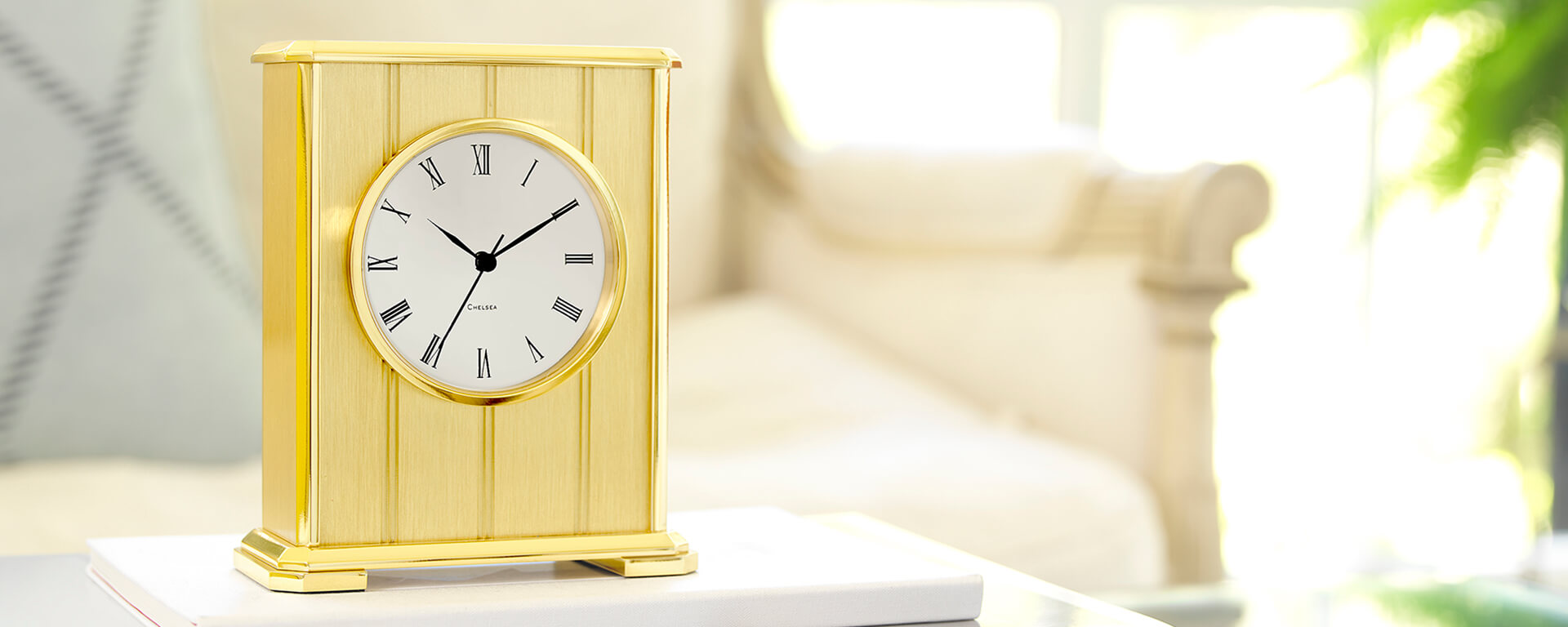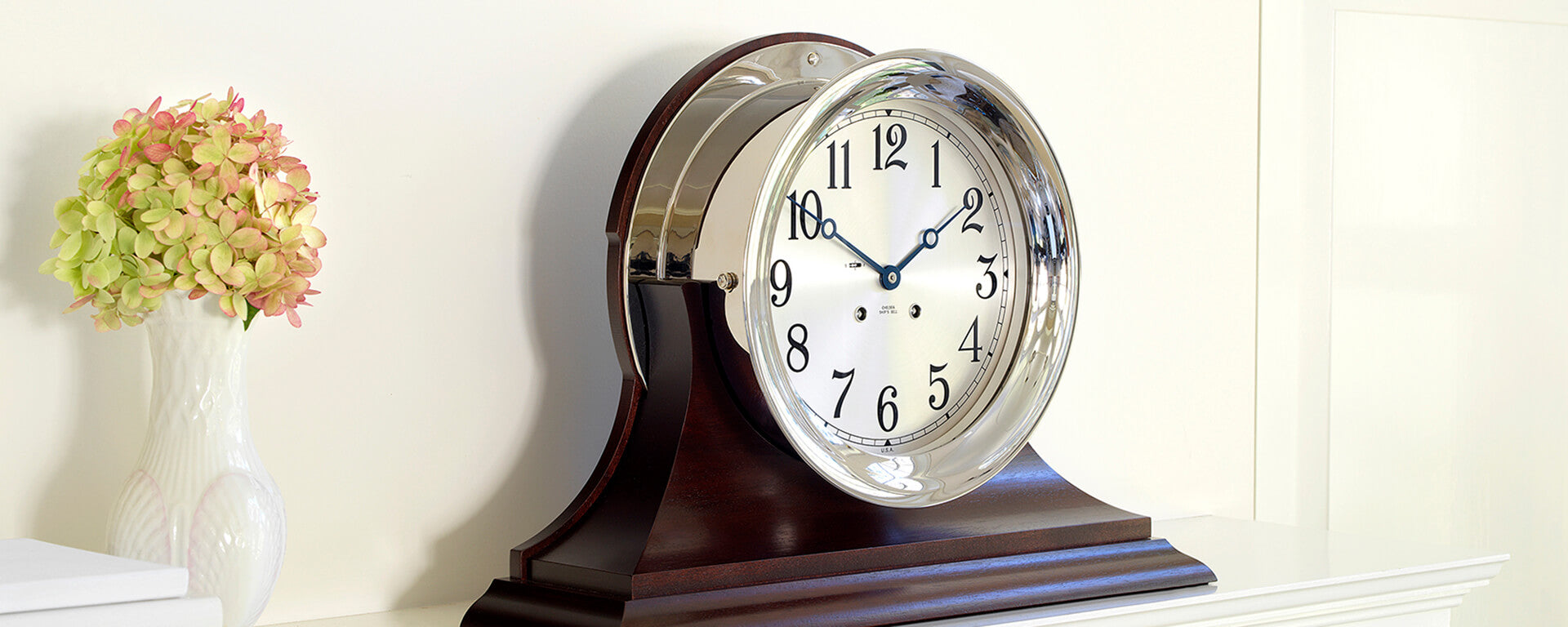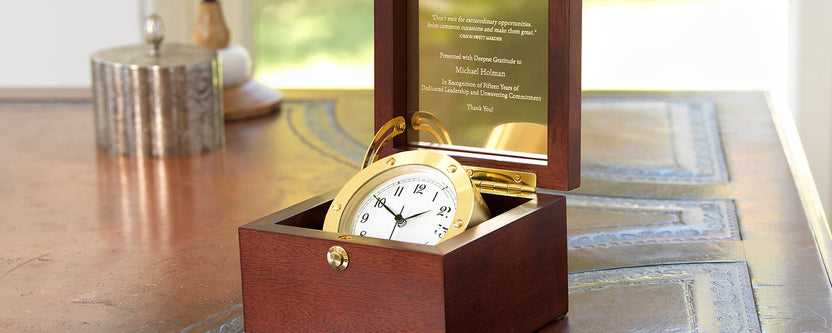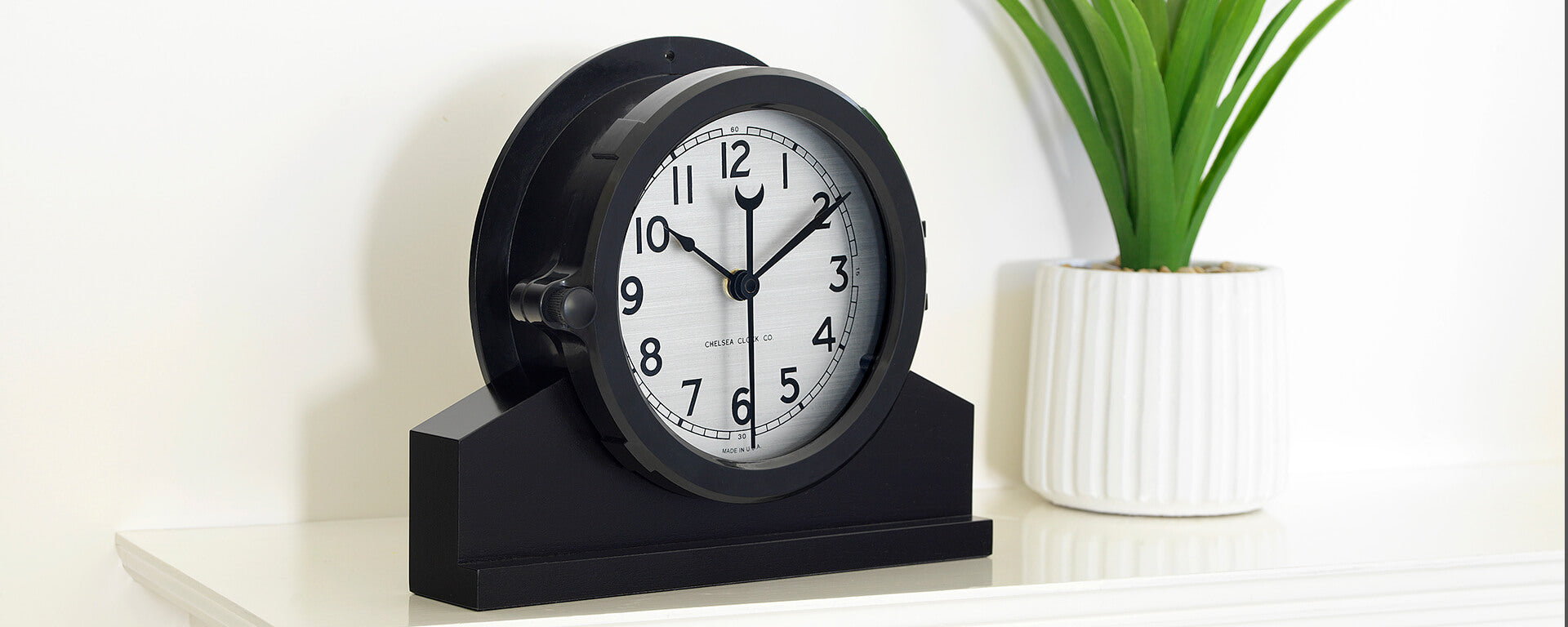Why Regular Chelsea Clock Maintenance Matters: Ensuring Timeless Beauty and Precision
The art of timekeeping, embodied in Chelsea Clock timepieces, reflects an appreciation for both mechanical mastery and meticulous care. While the technology behind clocks has evolved, their enduring value remains. Much like heirloom jewelry or fine art, clocks can be passed down through generations, with their intricate mechanisms preserved and protected to continue telling time with precision and elegance. However, this longevity requires regular maintenance, as clocks—especially vintage or complex models—are delicate instruments that rely on precise components and well-balanced movements. Routine servicing every 7-10 years is recommended for preserving both the functionality and aesthetic beauty of a Chelsea Clock timepiece.
Chelsea Clock: More Than Just Timekeepers
Chelsea’s clocks are not merely devices for tracking the passage of hours; they are historical artifacts, household treasures, and even family heirlooms. From classic Ship’s Bell clocks to U.S. Navy inspired Naval Deck clocks to finely crafted desktop clocks, each clock tells a story—not only of time but of the era and craftsmanship it represents. This is why preserving a clock’s performance is about more than mere function; it’s about honoring its legacy and the skilled craftsmanship that went into its creation.
Chelsea Clock’s services team is dedicated to the art of clock maintenance, ensuring that clocks can be enjoyed for generations. The services team at Chelsea Clock is made up of highly skilled professionals who understand both the mechanics and the aesthetic requirements of each timepiece. By entrusting your clock to such professionals, you can rest assured that it will continue to run accurately and look its best.

Why Regular Maintenance Is Essential
Clocks consist of many small, intricate parts that must work in harmony for accurate timekeeping. With time and use, these components can wear down or fall out of alignment. Dust, moisture, and other environmental factors can also negatively affect the mechanism, gradually reducing accuracy or even causing the clock to stop altogether. Regular maintenance addresses these issues and ensures that each component operates smoothly.
Without routine servicing, even the most meticulously crafted clock will eventually lose its ability to keep time accurately. However, with regular care, a clock can remain a reliable and beautiful fixture in your home for decades—or even centuries. Chelsea Clock has been hand-crafting clocks in Massachusetts since 1897, making clocks to stand the test of time.

7-Step Chelsea Clock Servicing Process
The process of servicing a clock involves several stages, each one essential to preserving both its functionality and appearance. Here’s an overview of what a typical servicing entails:
1. Initial Assessment
When you entrust a timepiece to Chelsea Clock for maintenance, an experienced service team member will carefully examine it to assess its condition and identify any issues. They will also take note of any specific requests you may have, such as polishing the case or adjusting the chimes. Based on this evaluation, they’ll prepare an estimate of the work required for your review and approval before any work commences.
2. Dismantling and Cleaning
Clocks are complex devices made up of hundreds of small parts, including gears, springs, and levers. To fully service a Chelsea Clock timepiece, many or all clock components may need to be dismantled and thoroughly cleaned. Dust and grime can accumulate over time, which can affect the smooth operation of the mechanism. The clock’s movement (the internal mechanism) is completely taken apart during the services process, and each piece cleaned to remove any accumulated dirt and impurities. The Chelsea Clock services team does not perform any partial repairs.
3. Inspection and Replacement of Worn Parts
Once cleaned, each component is carefully inspected. If any part no longer meets the Chelsea Clock’s quality standards, it is replaced with a genuine Chelsea Clock part to ensure the timepiece's continued reliability. Chelsea Clock keeps a stock of replacement parts for clock models dating back more than a century, ensuring that your clock receives parts that meet its original design requirements.

4. Lubrication and Reassembly
After cleaning and inspecting all parts, a Chelsea Clock services team member begins reassembling the movement, carefully lubricating each component as needed to reduce friction and ensure smooth operation. This step helps prevent wear on the gears and other moving parts, contributing to the clock's longevity. During reassembly, a services team member will make any necessary adjustments to the movement’s precision, checking that each gear meshes correctly and that the overall clock is calibrated for optimal performance.
5. Polishing and Finishing
The case, dial, and hands of the clock are also carefully inspected, cleaned, polished, or refinished as necessary to restore their original luster. This stage is essential not only for the clock’s aesthetics but also for its structural integrity. Wooden cases may need to be treated to prevent cracking or warping, while metal components are often polished to remove tarnish. The Chelsea Clock services team takes great care in handling these delicate parts to ensure they look as beautiful as the day the clock was crafted.
6. Precision Testing
After reassembling the clock, it then undergoes a series of rigorous tests. The services team member checks its accuracy over a test period to confirm that it’s keeping time correctly. This testing period allows the Chelsea Clock services team to make any final adjustments to its movement, ensuring that it meets the high standards for precision that discerning clock owners expect.

7. Final Assembly and Return
Once testing is complete, your clock is ready to be returned. A services team member carefully reassembles all components, conducting a final quality check to ensure that every aspect, from movement to aesthetic appearance, is impeccable. The clock is then returned to you, accompanied by a service warranty that guarantees the work for a two-year period.
Protecting Your Clock’s Legacy
In addition to regular maintenance, it’s also important to follow some basic practices to keep your clock in top condition between service appointments. Position your clock in a stable, dry area of your home to prevent exposure to moisture and extreme temperature fluctuations. And be mindful of dust buildup that may occur where the clock is positioned. These small actions can help protect your clock and reduce wear on its delicate mechanisms. By investing in regular maintenance, you’re preserving more than just a tool—you’re safeguarding a legacy that can be enjoyed by future generations.
Chelsea Clock timepieces should have time set weekly and be wound fully until the key meets resistance, without concern of over-winding. Customers often are concerned that winding the clock to its fullest position will break an internal spring. With a Chelsea Clock timepiece, if the spring is not in fact fully and completely wound, the clock will not run and strike properly for the following week.

When to Service Your Clock
The frequency of servicing depends on the type of clock, its age, and its usage. Chelsea Clock recommends having clocks serviced every 5-7 years. Older clocks or those subjected to environments with more wear and tear may need more frequent attention. Typically, Chelsea Clock timepieces will often tell you when it's time for service, particularly when the timekeeping begins to drift far out of its normal range of 1-2 minutes per week.
Preserve the Timeless Beauty of Your Clock
Clocks represent a blend of precision engineering and artistic craftsmanship, making them invaluable additions to any home. Through regular maintenance, you ensure that your clock will remain a beautiful, functional piece that will continue to mark time with accuracy and grace. By entrusting your timepiece to Chelsea Clock’s trained professionals, you protect this delicate piece from the wear and tear of time, allowing it to continue its journey through generations.
When it comes to preserving a clock as timeless as a Chelsea Clock timepiece, a little care goes a long way. Embrace the art of maintenance, and your clock will reward you with years of reliable service and aesthetic pleasure for generations to come.










